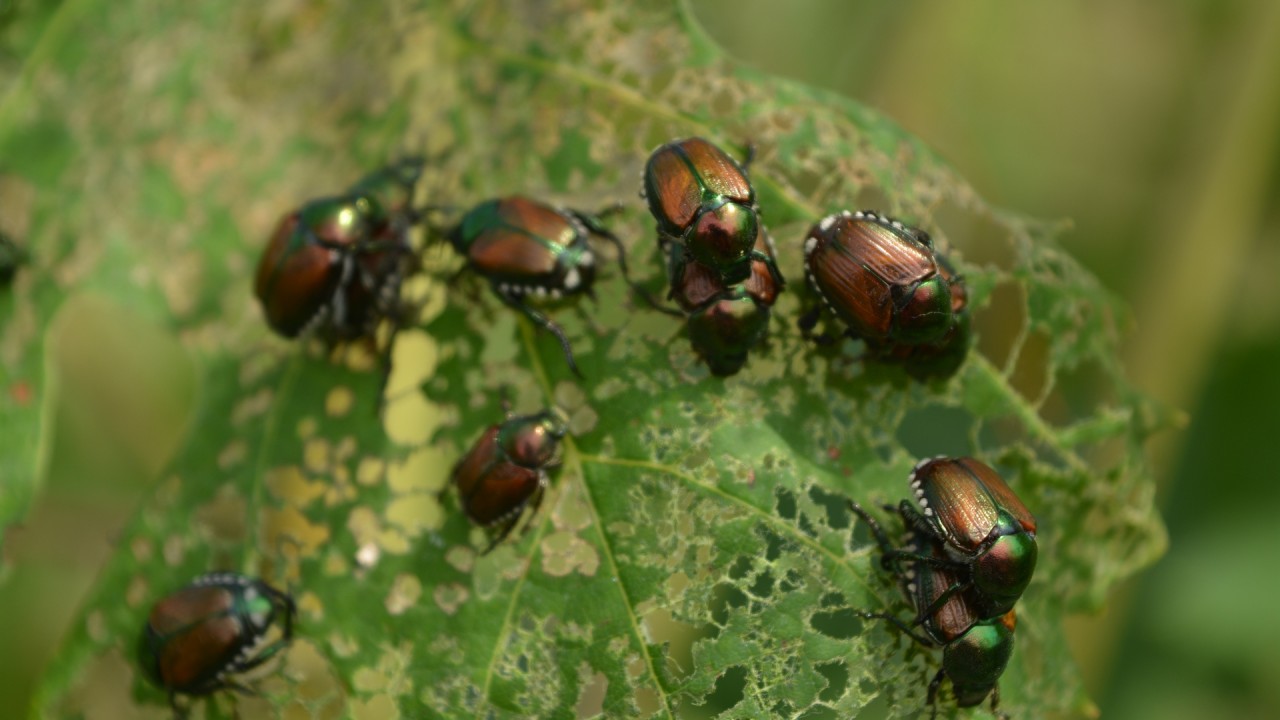We thought it would be useful to update the list of P. japonica host plants. In this respect, the dataset deposited by Tayeh et al. (2023) serves two purposes: (1) to provide a list of the host plants of Popillia japonica via a comprehensive review of the scientific literature; (2) to classify these host plants as main or secondary host, based on the indications available in the references taken into consideration.
A total of 414 host plants of Popillia japonica belonging to 94 families were identified from the analysis of 22 scientific papers and technical reports spanning over the period 1927-2022. The status of main or secondary host plant was assessed from the descriptions available in the bibliographic references, based on rules that we describe below.
Host plants were considered as main hosts of P. japonica when the following comments were provided by the authors:
- preferred species
- preferred host plant
- preferred host plant among other host plants in Japan
- primary host plant
- primary host plant susceptible to adult Japanese beetle feeding
- favorite food plant in Japan
- plant always attacked by the beetle and in areas of dense population, it may be defoliated
- extensive feeding
Host plants were considered as secondary hosts of P. japonica when the following comments were provided by the authors:
- occasional light feeding
- generally light feeding
- moderate feeding
- cited host plant without any further specific observation
- secondary plant susceptible to adult Japanese beetle feeding
Eventually, we identified 138 main host plants and 276 secondary host plants of P. japonica.
Reference:
Tayeh, Christine; Poggi, Sylvain; Desneux, Nicolas; Jactel, Hervé; Verheggen, François (2023). "Host plants of Popillia japonica: a review", https://doi.org/10.57745/SXZNQF, Recherche Data Gouv, V2
By accepting you will be accessing a service provided by a third-party external to https://www.popillia.eu/




